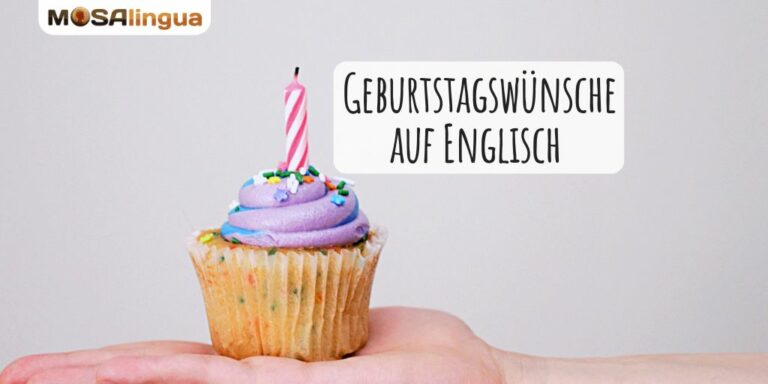Geburtstag auf Englisch Angeben: A Comprehensive Guide
Verwandte Artikel: Geburtstag auf Englisch Angeben: A Comprehensive Guide
Einführung
Bei dieser feierlichen Gelegenheit freuen wir uns, in das das faszinierende Thema rund um Geburtstag auf Englisch Angeben: A Comprehensive Guide vertiefen. Lassen Sie uns interessante Informationen zusammenfügen und den Lesern frische Perspektiven bieten.
Table of Content
Geburtstag auf Englisch Angeben: A Comprehensive Guide

The act of stating one’s birthday in English, often referred to as "giving your birthday," is a fundamental aspect of social interaction, particularly in English-speaking environments. This act serves various purposes, from facilitating the planning of celebrations to providing essential information for administrative and legal processes. This guide aims to provide a comprehensive overview of the various ways to express one’s birthday in English, addressing common scenarios and offering practical tips for clear and accurate communication.
Understanding the Basics
The most straightforward way to state one’s birthday in English is to use the phrase "My birthday is…" followed by the date. For example, "My birthday is on January 1st" or "My birthday is on the 1st of January." This simple construction conveys the necessary information clearly and efficiently.
Variations in Expression
While the basic format is sufficient, there are various ways to express one’s birthday with nuance and formality. Some common variations include:
- "I was born on…": This construction emphasizes the date of birth rather than the annual celebration. For instance, "I was born on July 4th, 1980."
- "My birthdate is…": This phrase emphasizes the specific date of birth, often used in formal contexts. For example, "My birthdate is December 12th."
- "My birthday falls on…": This phrase emphasizes the occurrence of the birthday within a specific year. For example, "My birthday falls on a Tuesday this year."
Contextual Considerations
The way one states their birthday can vary depending on the context. In casual settings, a simple "My birthday is…" suffices. However, in formal contexts, such as filling out official documents or providing information to a healthcare professional, using "My birthdate is…" or "I was born on…" might be more appropriate.
Beyond the Date
While the date itself is the core information, additional details can be provided to enrich the conversation. This can include:
- Year of birth: This can be stated explicitly, especially when discussing historical events or personal milestones. For example, "My birthday is on June 15th, 1995."
- Day of the week: This can be mentioned to add a personal touch or facilitate planning. For example, "My birthday is on a Saturday this year."
- Age: While not always necessary, stating one’s age can be relevant in certain contexts. For example, "My birthday is on August 20th, and I’ll be turning 30 this year."
Common Scenarios
Here are some common scenarios where stating one’s birthday is crucial:
- Social gatherings: In social settings, sharing one’s birthday allows for planning celebrations and expressing well wishes.
- Official documents: Forms and applications often require the date of birth for identification and verification purposes.
- Medical appointments: Healthcare providers require the date of birth for accurate record-keeping and medical history.
- Legal procedures: Legal documents, such as contracts and wills, necessitate the date of birth for legal validity.
FAQs
Q: How do I ask someone for their birthday?
A: The most straightforward way is to ask "When is your birthday?" or "What is your birthdate?" In casual settings, you can also ask "When were you born?"
Q: How do I respond when someone asks for my birthday?
A: Simply state your birthday using one of the formats discussed earlier. For example, "My birthday is on March 10th" or "I was born on May 2nd."
Q: What if I don’t know my exact birthdate?
A: If you are unsure of your exact birthdate, try contacting your parents, siblings, or any relevant authorities who may have records. If all else fails, you may need to consult with a genealogist.
Tips
- Be mindful of cultural differences: Birthday celebrations and customs vary across cultures. Be sensitive to these differences when discussing birthdays with people from different backgrounds.
- Avoid oversharing: While sharing your birthday is often harmless, it’s generally advisable to avoid disclosing sensitive personal information, such as your birth year or age, unless necessary.
- Be prepared for unexpected reactions: Some people may be uncomfortable discussing their birthdays. Respect their boundaries and avoid pressuring them to disclose this information.
Conclusion
Stating one’s birthday in English is a simple yet essential act of communication. Understanding the different ways to express this information and adapting your approach to various contexts will ensure clear and effective communication. By mastering this seemingly straightforward skill, you can navigate social interactions, fulfill administrative requirements, and participate in celebrations with confidence.








Abschluss
Daher hoffen wir, dass dieser Artikel wertvolle Einblicke in Geburtstag auf Englisch Angeben: A Comprehensive Guide bietet. Wir hoffen, dass Sie diesen Artikel informativ und nützlich finden. Bis zum nächsten Artikel!
